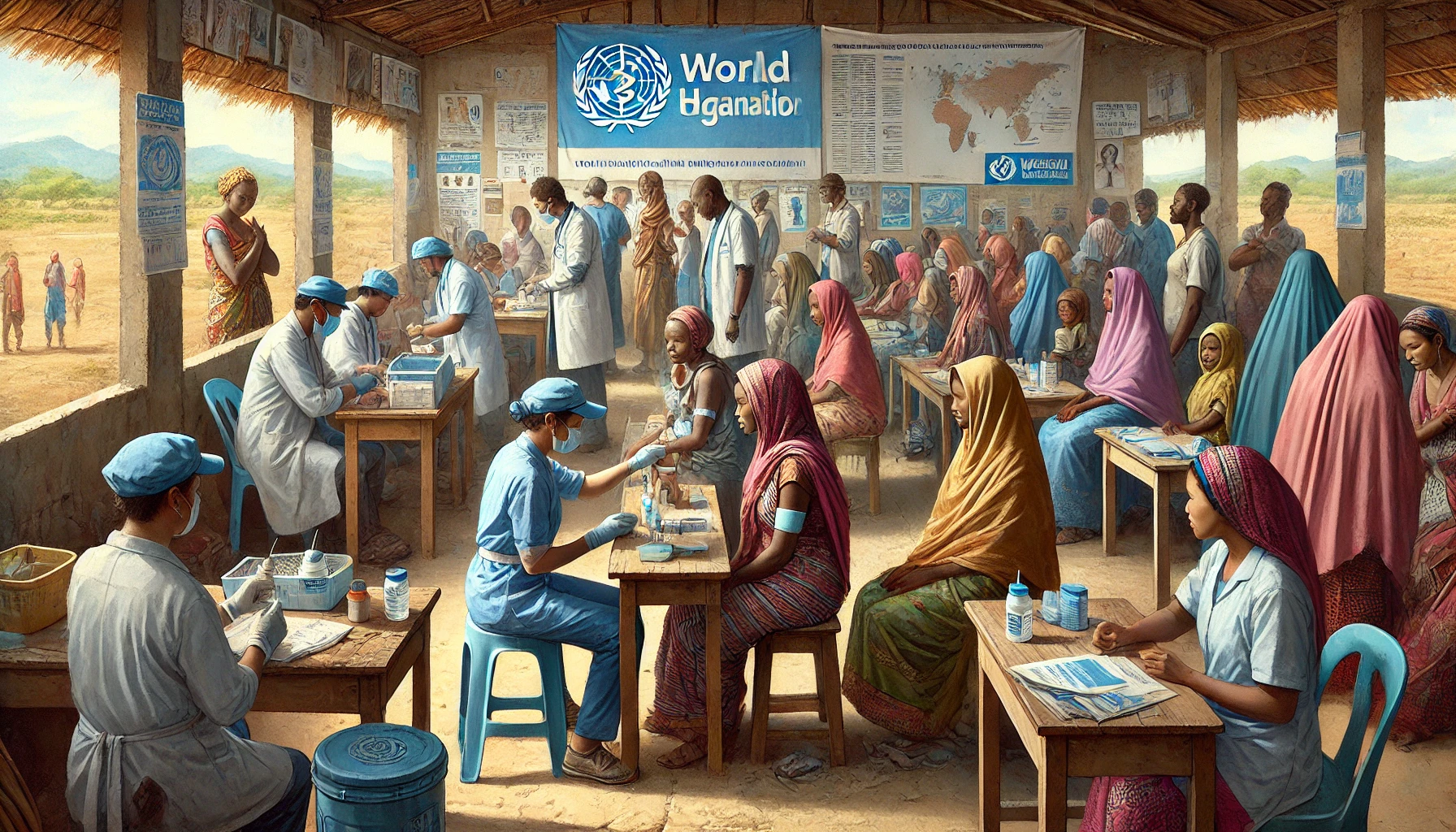Mozambique is facing a significant health challenge with a rising burden of both infectious and non-communicable diseases, including cancer. In response, the International Atomic Energy Agency (IAEA), the World Health Organization (WHO), MD Anderson Cancer Center, and the International Agency for Research on Cancer (IARC) conducted a comprehensive imPACT Review of the country's National Cancer Control Programme in May, at the request of Mozambique's government. The review placed special emphasis on cancers affecting women and children.
"The rising number of cancer cases in Mozambique is a serious concern," stated Armindo Tiago, Mozambique’s Minister of Health. "The Government is committed to expanding access to diagnosis and treatment and integrating cancer services more effectively within the primary health system."
According to IARC's GLOBOCAN estimates, Mozambique diagnoses over 26,000 cancer cases annually, with cervical cancer making up a third of the cases among women. Projections indicate that the number of cancer cases could more than double by 2045.
Mozambique launched a ten-year National Cancer Control Programme in 2019, following an initial imPACT review in 2014. The government is also developing a cancer investment plan with WHO's support. Severin von Xylander of WHO’s Mozambique office emphasized the importance of prioritizing the prevention and early detection of cancers, particularly those affecting women and children.
The imPACT Review team conducted a thorough assessment of Mozambique's cancer care capacities and needs, visiting health institutions and partners in Maputo and Nampula. The mission included international experts from Africa and beyond, highlighting the significance of South-South cooperation. Brazil, in particular, serves as a training site for Mozambique's expanding oncology workforce, reflecting ongoing collaboration beyond the review mission.
Dr. Toma Omofoye, Director of Breast Imaging Global Oncology Program at MD Anderson Cancer Center, noted, "This imPACT review process is critical in our mission to eliminate cancer. Every insight gained and initiative implemented has the potential to elevate patient outcomes and reshape cancer care on a global scale."
The imPACT Review team's recommendations to Mozambique's Ministry of Health include better integration of cancer services with HIV-AIDS, child and maternal health, and primary care programs. They also advised strengthening drug procurement and supply chains, increasing training, optimizing diagnostic and treatment capacities, and improving referral pathways for cancer care. The government was encouraged to enhance quality assurance and control systems in line with international standards.
Mozambique joined the IAEA's Rays of Hope initiative last year to expand access to cancer diagnostic and treatment services nationwide. Currently, the country has just one radiotherapy unit in Maputo for its 29 million people. Since 2009, 14 specialists at Maputo Central Hospital have been trained in radiation oncology and medical physics through the IAEA’s technical cooperation program to bolster radiotherapy services.
The mission also provided an opportunity to assess Mozambique's regulatory infrastructure for the safe use of ionizing radiation in healthcare. Additionally, the IAEA presented its broader technical cooperation programs to national authorities, highlighting potential support in agriculture, fisheries, and combating zoonotic diseases—crucial sectors for Mozambique's economy. The World Bank recently announced a $100 million grant to improve healthcare and nutrition services for 4.6 million people in Mozambique, particularly women, children, and adolescents.
Imen Bentouhami, IAEA Programme Management Officer for Mozambique, remarked, "This mission was crucial for informing decision-making regarding priority needs and optimizing the use of IAEA support, ensuring the most cost-effective use of available resources."











